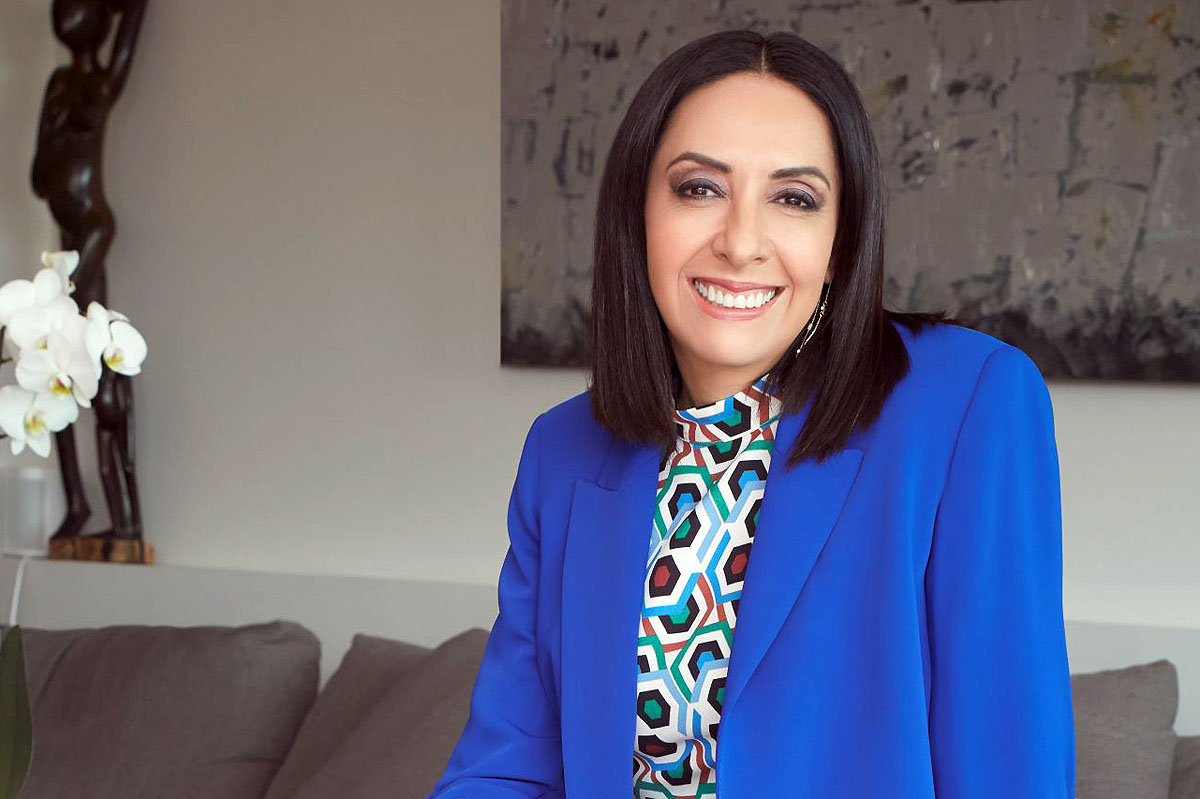Please scroll down for the English version
“Let me walk to the edge of genre”: Ben Lerner: Poetry, fiction, criticism and artistic collaborations
From June 28 to July 1, 2023, Paris, France
Guest of honor: Ben Lerner
Plenary lectures:
Daniel Katz, University of Warwick, Royaume Uni
Mary K. Holland, State University of New York, New Paltz, USA
Christine Savinel, New Sorbonne University
With three collections of poetry, three novels, a book on poetry, and collaborations with artists that have resulted in four art books, Ben Lerner is today one of the most important American writers of his generation. .
Although the author’s poetry and his collaborations with artists have been enthusiastically received by critics, his widespread success around the world is mainly due to his novels, which have generated a considerable number of articles. scientific or press since the publication of Leaving the Atocha Station in 2011. These novels are remarkable not only in the way in which they challenge the conventions linked to the distinction between the factual and the fictional, History and fable, at levels both formal and thematic, but also in that they bring about breaks in the very substance of the text, often incorporating in a fictional context poems, essays, or even, on one occasion, a short story, all already published under the name “Ben Lerner”. The novels thus lend themselves to operations of recycling or reappropriation which blur the usual notions of authority and identity, and break down the partitions of the space of fiction.
Such tendencies run through all of Lerner’s work, which as noted, often takes the form of collaborations with other writers or visual artists, and highlights the mixing of genres across different forms of writing. The author does not simply work with distinct genres but forces the reader to consider afresh the definition of these and the objectives sought by these definitions.
Likewise, the author’s speculations on the “virtuality” of poetry aim to question the conception of the poem as a concrete, finished form or total object. They evoke in this the “serial poem” of Jack Spicer or Robert Duncan, while the dialogues between prose and poetry that the author weaves between his works can be related to a form of autobiographical prosimetrum, which recalls the great literary projects that emerged at the end of the 19th century and flourished with modernism (with Charles Baudelaire, Walter Benjamin, Rainer Maria Rilke, Marcel Proust and Virginia Woolf, among others). At the same time, Lerner’s work puts concerns of a formal and theoretical order in direct relation with questions relating to society, friendship, and thus concrete constructions of communities, forms of activism and collective commitment. .
This symposium aims to deal with all of Ben Lerner’s writings and aesthetic undertakings since the publication of his first volume of poetry, The Lichtenberg Figures (2004). It aims to observe the circulation in the work of different forms of art and the reflections they arouse on creation in the contemporary world.
The following lines of thought could be considered, without this list being exhaustive:
– Intertextuality, influence
– Generic intermediality and porosities
– Literature and visual arts
– Relationship between fiction and essays, between fiction and poetry
– Modern and contemporary poetics
– Serial poetry, poetic sequences
– Community, social, political and artistic
– Commodification and exchange
– Rhetoric, persuasion and political discourse
– Originality and translation
– Kinship, family, and social reproduction.
Please send paper proposals in English and of around 300 words as well as a short biography to [email protected] before November 5, 2022 with the following title: “Ben Lerner Conference Proposal”.
Doctoral and young researchers day
The symposium will also offer a workshop for doctoral students and young researchers working on Lerner’s work or specific 21st century topics related to the themes of his work (see list above). Participants will present their research projects (doctoral thesis, article, monograph project, etc.) within a small working group, led by the guests of honor or the organizers. To participate, please send a proposal in English (500 words maximum) as well as a short CV to [email protected] before November 5, 2022 and with the following title: “Post-Graduate Workshop”.
Steering committee:
Yannicke Chupin, CY Cergy Paris University; Karim Daanoune, Paul Valéry University, Montpellier 3; Daniel Katz, University of Warwick
Anne-Laure Tissut, University of Rouen
With the support of :
EUTOPIA European University : Cergy Paris Université et University of Warwick
Paris Cité University and UMR 8225 LARCA – Research laboratory on English-speaking cultures (UMR 8225)
CY Cergy Paris University and UMR Heritage (UMR 9022).
University of Rouen, ERIAC – Interdisciplinary research team on cultural areas (EA 4705)
Paul Valéry University – Montpellier 3 and EMMA – Montpellier Studies of the Anglophone World
——————
“Let me walk to the edge of genre” : Ben Lerner’s Poetry, Fiction, criticism and artistic collaborations
June 28 – July 1 2023
Paris, France
Guest of Honor: Ben Lerner
Keynote speakers:
Daniel Katz, University of Warwick, UK
Mary K. Holland, State University of New York, New Paltz, USA
Christine Savinel, New Sorbonne University
With three volumes of poetry, three novels, a book-length essay on poetry, and collaborations with artists resulting in four artists’ books, Ben Lerner has established himself as one of the most important writers of his generation in the United States today.
While his poetry and collaborations with artists have been enthusiastically received, the author’s widespread and international success derives principally from his novels, which have generated a considerable number of reviews and scholarly articles since the publication of Leaving the Atocha Station in 2011. These novels are not only notable in how they disturb conventional notions regarding the distinction between the “factual” and the “fictive,” history and fable, on both formal and thematic levels. They additionally rupture generic boundaries in the most material way, often incorporating into fictional contexts poems, essays, prose fragments, or in one instance a short story that have previously been published under the name “Ben Lerner,” thereby repurposing and re-using writing in ways which trouble many conceptions of authorship and identity, and breaking apart the closed space of “fiction” as such.
Similar tendencies can be seen throughout Lerner’s work, which, as noted, often takes the form of collaboration with other writers or visual artists, and foregrounds the inclusion of generically different forms of writing, or visual art in collision with text. Lerner does not only work in different genres, he forces us to rethink the manners in which genres are defined, and the purposes these definitions serve.
Similarly, his speculations on poetry as “virtual” aim to trouble the conception of the poem as a discrete, finished, and total object in a manner that looks back to the “serial poem” of Jack Spicer or Robert Duncan, while the interwoven dialogues between poetry and prose he has established between his works can even be seen to constitute a kind of serial, autobiographical prosimetrum, in a manner which might recall the ambitious life projects that emerged in the late 19th century and flourished with modernism (with Baudelaire, Benjamin, Rilke, Proust, and Woolf among others). At the same time, Lerner’s work regularly insists on the direct relation of what could seem to be formal or theoretical questions to sociality, friendship and therefore concrete constructions of community, and forms of activism or collective engagement.
This conference will address the full scope of Lerner’s writing and aesthetic endeavors since the publication of his first volume of poetry, The Lichtenberg Figures (2004), so as to better observe the circulation between the different art forms as well the reflections they generate on creation in the contemporary world.
Possible topics include but are not limited to:
– Intertextuality, influences
– Intermediality and generic porosity
– Literature and visual arts
– Relations between the fiction and the essays, between the fiction and the poetry
– Modern and contemporary poetics
– Serial poetry, poetic sequences
– Community, at once social, political, and artistic
– Commodification and exchange
– Rhetoric, persuasion, and political discourse
– Originality and translation
– Kinship, the family, and social reproduction
Proposals in English of about 300 words as well as a short biography should be emailed by November 5th at [email protected] with “Ben Lerner Conference Proposal” as a subject heading.
Post-Graduate workshop
The conference will also feature a workshop for post-graduate and doctoral students working on Lerner, or topics related to 21st century with a clear link to Lerner’s concerns (see above-listed topics). Participants will present current research projects (doctoral dissertation, article, book project, etc.) in a small-group setting, led by conference speakers or organizers. For this event, abstracts of about 500 words in English as well as a short CV should be emailed by November 5th at [email protected] with “Post-Graduate Workshop” as a subject heading.
Organizing committee:
Yannicke Chupin, Cergy Paris University – Karim Daanoune, Paul Valéry University, Montpellier 3 – Daniel Katz, University of Warwick
Anne-Laure Tissut, University of Rouen
With the support of :
EUTOPIA European University : CY Cergy Paris University and The University of Warwick.
University of Paris Cité and UMR 8225 LARCA – Research laboratory on English-speaking cultures (UMR 8225)
CY Cergy Paris University and UMR 9022 Heritage – Culture/s, Creation/s, Heritage/s (UMR 9022)
University of Rouen and ERIAC – Interdisciplinary research team on cultural areas (EA 4705)
Paul Valéry University – Montpellier 3 and EMMA – Montpellier Studies of the Anglophone World
–

